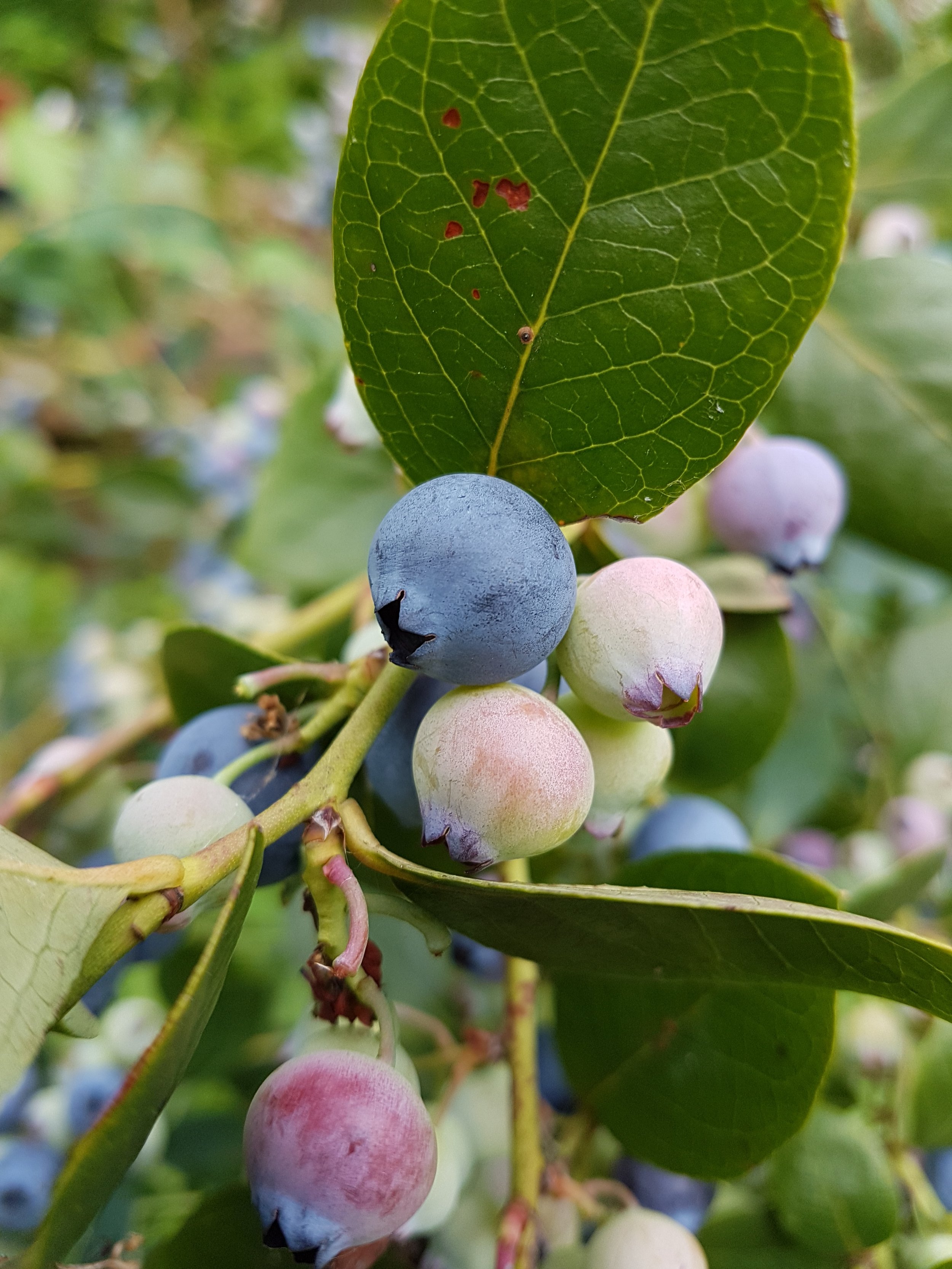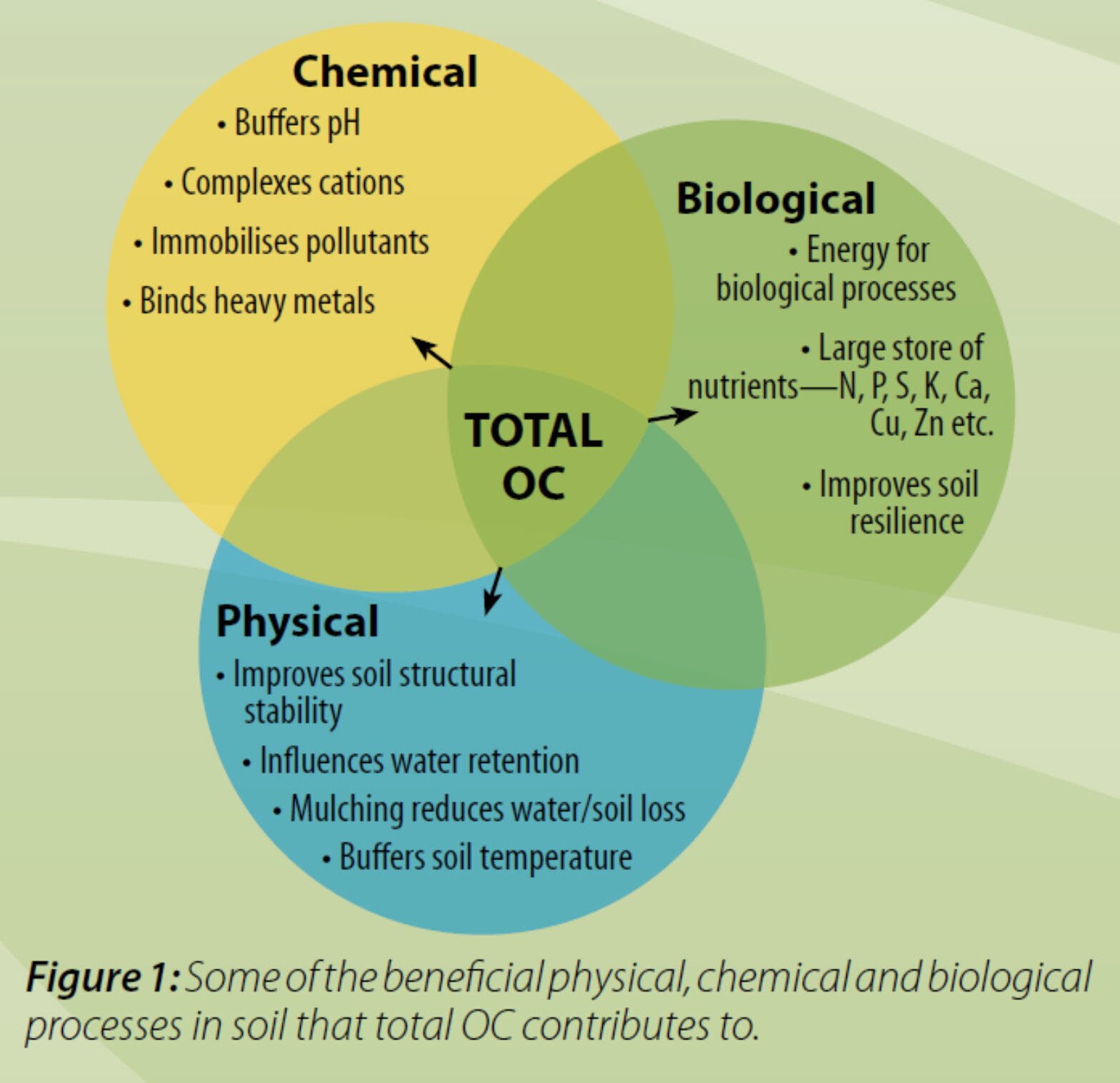Have you heard about permaculture?
Do you know what it is?
I will admit that when living in Griffith, NSW in the late 1980s - early ‘90s we converted the garden and lawn of our suburban block to a permaculture garden. It must have given the neighbours something different to talk about.
To help clear up any potential misunderstandings you have we are speaking with Lachlan Storrie, who runs a business around the lower Hunter Valley in NSW called Treefrog Permaculture.
Permaculture garden in foreground with ‘normal’ suburban block next door.
Lachlan proud of his bananas in Newcastle, NSW.
Wikipedia definition
Permaculture is an approach to land management and settlement design that adopts arrangements observed in flourishing natural ecosystems. It includes a set of design principles derived using whole-systems thinking. It applies these principles in fields such as regenerative agriculture, town planning, rewilding, and community resilience. Permaculture originally came from "permanent agriculture" but was later adjusted to mean "permanent culture", incorporating social aspects. The term was coined in 1978 by Bill Mollison and David Holmgren, who formulated the concept in opposition to modern industrialized methods instead adopting a more traditional or "natural" approach to agriculture.
Permaculture is also good for wildlife.
Are you edible? Feathered dinosaur looking for food.
Coffee berries
Blueberries almost ready for picking

























